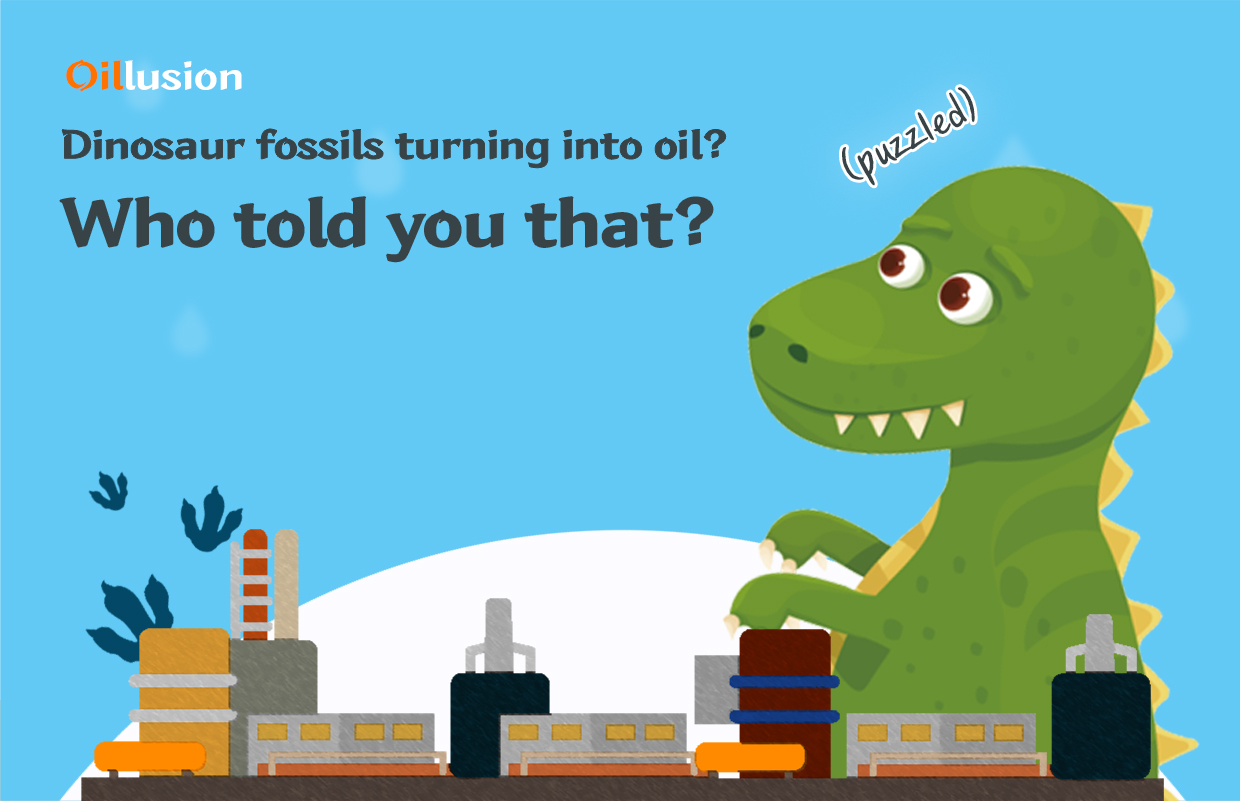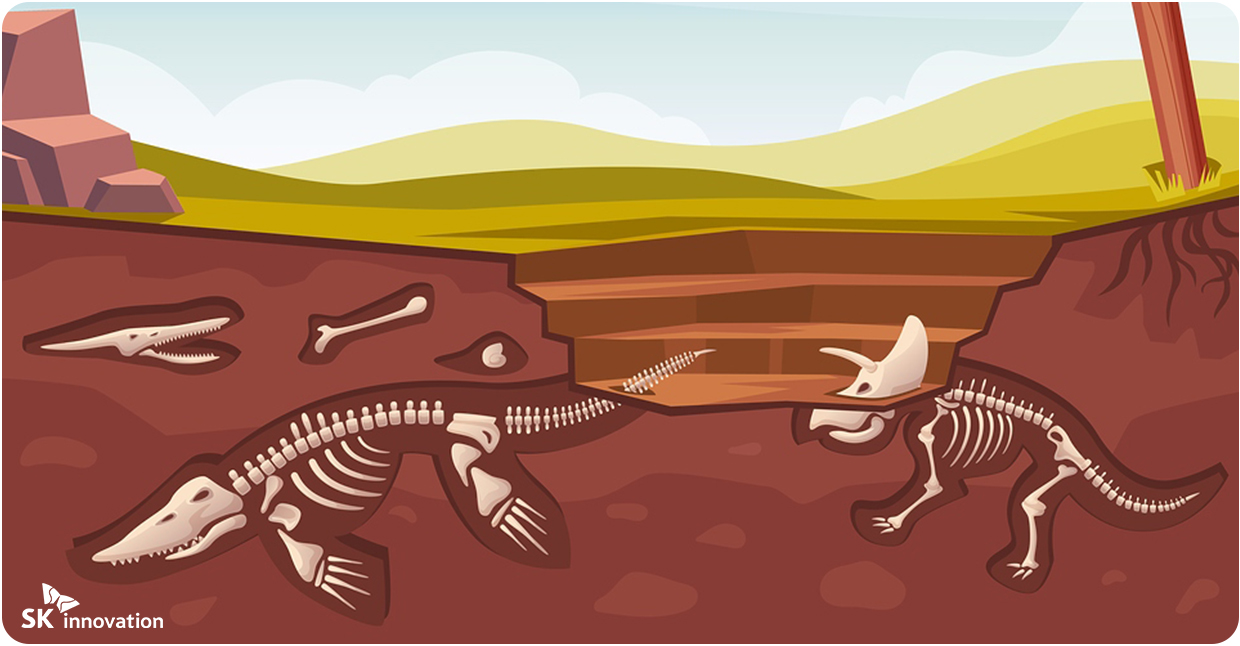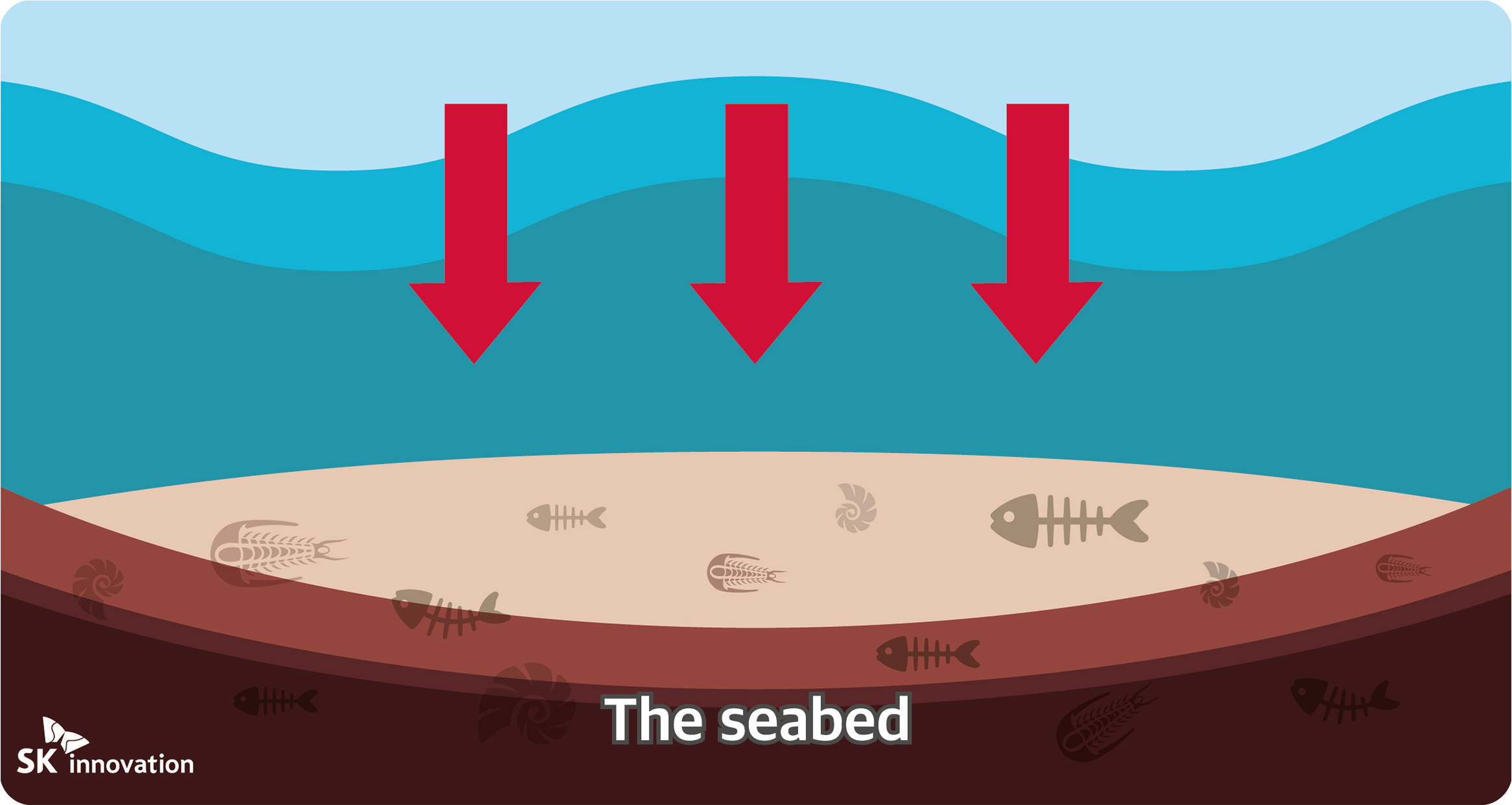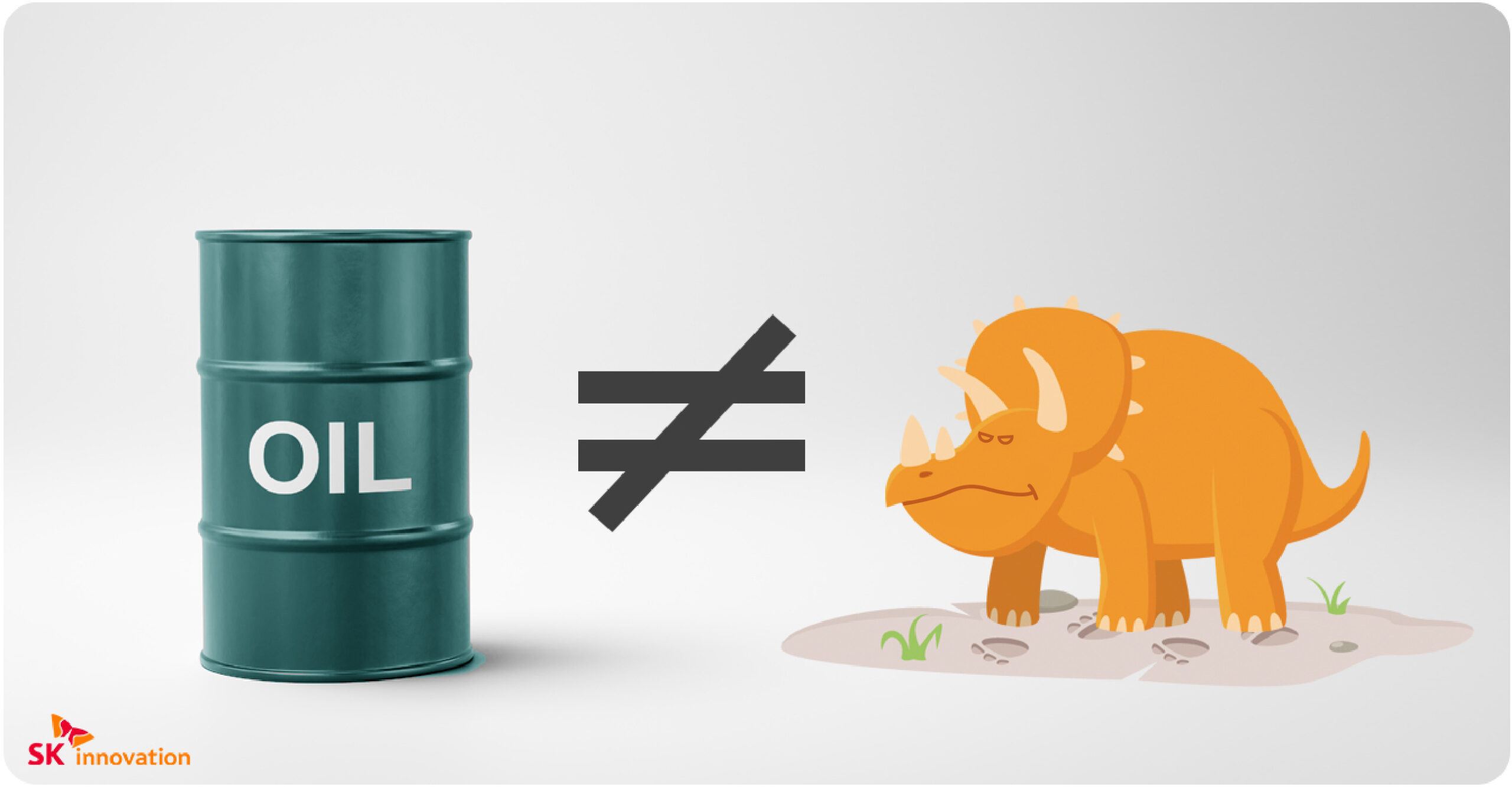 Trends & Reports
Trends & Reports

In August 1859, Colonel Edwin Laurentine Drake successfully conducted oil exploration in the western valleys of Pennsylvania, marking the beginning of the modern oil industry. Since then, it is needless to say how important oil is in human civilization with its countless benefits. Our lives without oil are unimaginable. Even now, despite the numerous resource discoveries and technological advancements, oil continues to play a crucial role in our society.
If there is a difference between the past and the present, it would be the change in perspective towards oil. While it is undeniable that oil has provided humanity with unimaginable abundance, it is also being recognized as a primary cause of climate change, which is one of the most pressing issues in human life. It has now become quite common to encounter discussions about leaving behind the 20th century, which was so called The Century of Oil, and preparing for the post-oil era.
Being considered a protagonist driving the development of human society while also a culprit in the climate crisis, petroleum is referred to as “black gold.” Before judging it, let’s delve into the true nature of petroleum to have a better understanding of it.

Once, there was a documentary called “Koreanosaurus” that aired on a famous educational public broadcaster in South Korea. This three-part documentary series showed vivid images of dinosaurs roaming the Korean Peninsula and garnered explosive reactions, recording the highest viewership among this broadcaster’s documentaries when it aired in 2008. At the same time, many Koreans who watched that show also recalled the memories of hearing the story that when dinosaurs die, their remains turn into sediment and eventually transform into petroleum. Since crude oil is a type of fossil fuels, the link between it and the dinosaur fossils seems quite plausible. However, once we try to connect all the dots, there are definitely a few quirky points.

Is the story that dinosaurs turned into oil true? If dinosaurs really became oil, then why didn’t the numerous dinosaurs on the Korean Peninsula leave behind a single drop of oil?

The hypothesis that dinosaur fossils were turned into oil has been supported for quite some time, primarily since oil was first discovered in the Mesozoic era and the connection between organisms and hydrocarbons. What pushed this hypothesis further was when a famous American oil company started using dinosaur characters in its marketing strategy from the 1900s.
There are theories about the origin of petroleum that are currently being discussed in today’s academia. One is the Organic Theory, which states that after organisms die, sedimentary layers which block oxygen are formed, and then high temperatures and pressures are applied, leading to the creation of crude oil. Another is the Inorganic Theory positing that crude oil was created by metal carbides inside the earth reacting to the heat and pressure of the earth. Additionally, there is the Spontaneous Generation Theory, which suggests that crude oil is generated spontaneously.

The most influential theory among these is the Organic Theory. When marine organisms die and sink into the water, they become isolated from the air and get buried in the ground with sediments. At this time, they are influenced by temperature and pressure over a long period and turns into oil. However, the carcasses of land animals, including dinosaurs, are easily exposed to air and decompose. Since it is practically impossible for dinosaurs that lived on land to be buried underground and cut off from oxygen as soon as they die, it is difficult to consider dinosaur fossils as the origin of oil.

The Middle East region, which has been supplying large amount of oil to the world, was a sea during the Mesozoic Era. When numerous plankton and microorganisms that thrive in the sea die, they sink deep into the ocean floor where there is little oxygen. Organic matter is believed to accumulate and overlap on top of it, undergoing the influence of temperature and pressure to become crude oil. Furthermore, the presence of impurities such as nitrogen and sulfur, which are byproducts of the decomposition of organic proteins, supports Organic Origin Theory. If the Inorganic Origin Theory or the Spontaneous Generation Theory is correct, it could lead to the exclusion of crude oil from the category of fossil fuels, which are energy resources formed from the remains of organisms.
Although there may be differences in opinion about the origin, there is no disagreement that oil has led to the creation of a convenient environment for mankind today. Crude oil, which serves as both a fuel for transportation and a source of heat energy powering power plants and steel mills, has established itself as a raw material provider for all industries, from traditional to cutting-edge.
We use oil in countless parts of our daily lives, but unfortunately, Korea is a country without oil resources. However, the injustice that has accumulated over the years for dinosaurs must now be resolved. Dinosaurs are innocent!











 Youtube
Youtube Facebook
Facebook Instagram
Instagram Linkedin
Linkedin






















